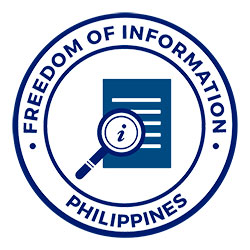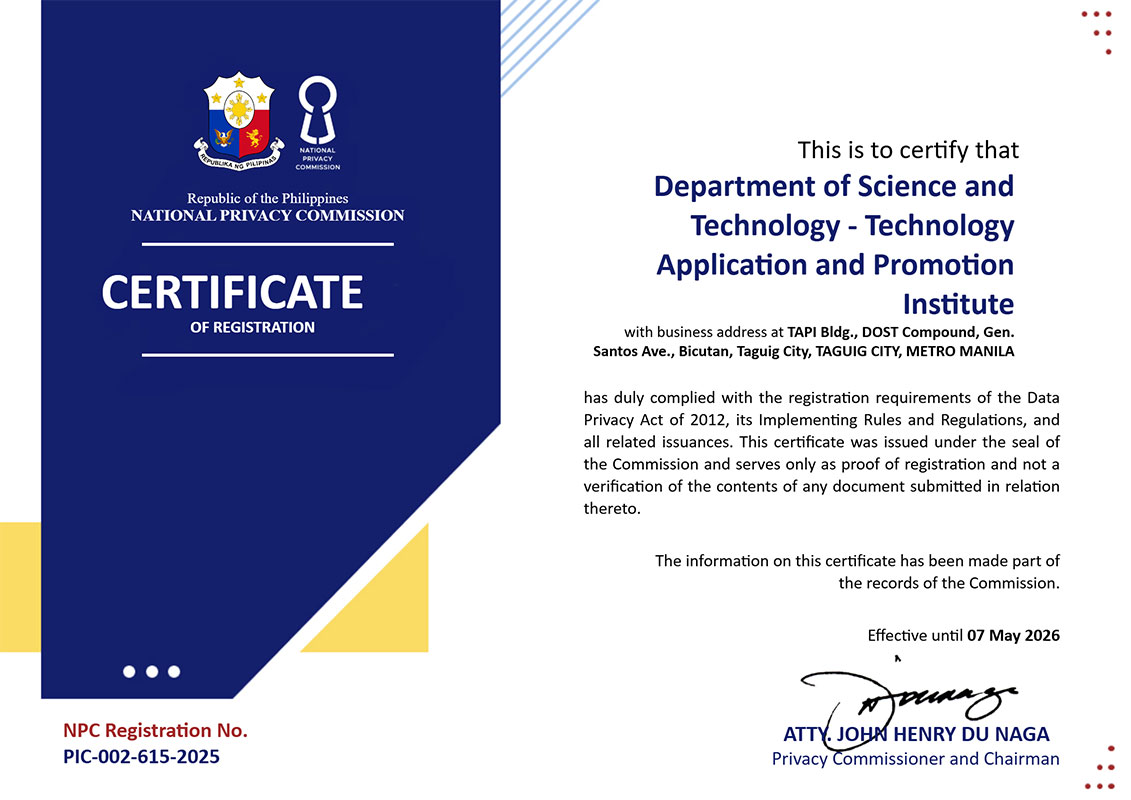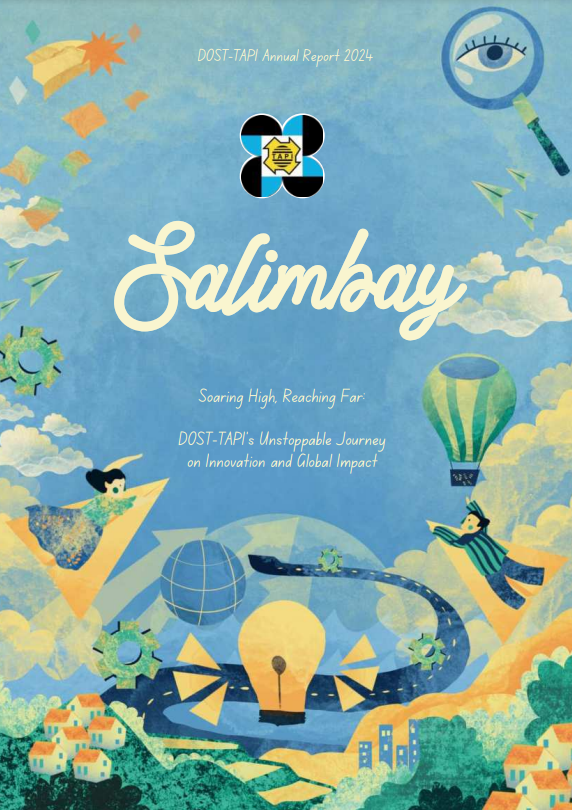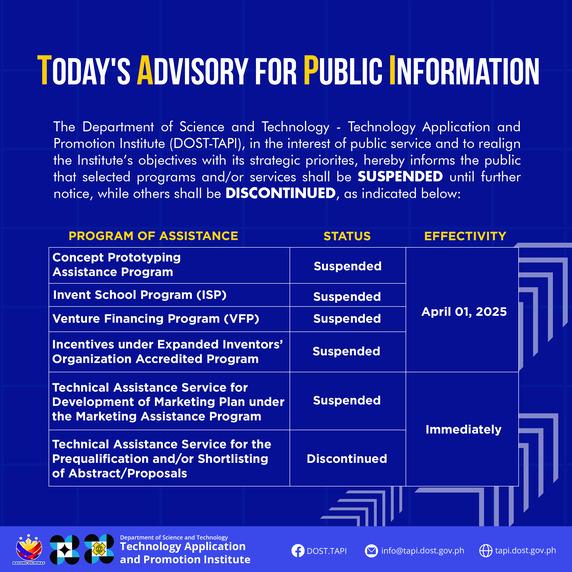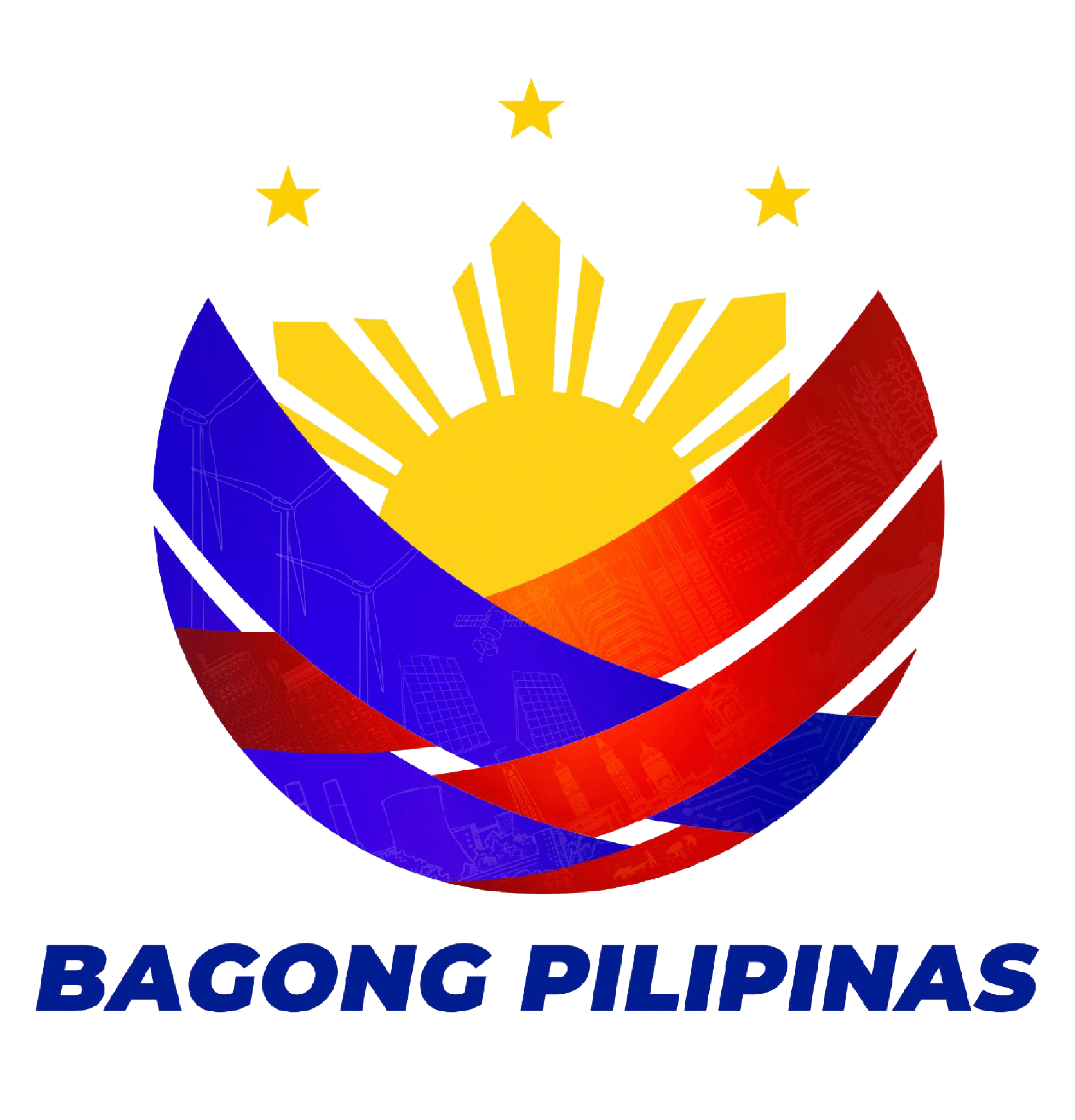By Matt Jerome Casequin
In today's rapidly evolving world, where sustainability and environmental consciousness reign supreme, a groundbreaking innovation emerges, promising to revolutionize the textile industry. Introducing the Spinnable Lignocellulosic Bamboo Textile from Bambusa philippinensis, a true game-changer crafted by the ingenious minds at the Philippine Textile Research Institute (PTRI), under the Department of Science and Technology (DOST). Spearheaded by inventors Jared Vincent Lacaran, Josanelle Angela Bilo, and Dr. Julius Leaño, Jr., this innovation represents a significant leap toward sustainable and eco-friendly textile production.
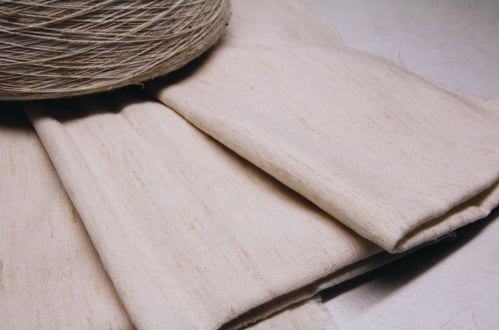
(Bamboo Textile) Photo Courtesy: DOST- Philippine Textile Research Institute
According to the Spring Open’s journal on Bamboo as a renewable textile fiber, Bamboo plants are found in almost all parts of the world except those places having extremely cold climates like Europe though some species can be successfully introduced in mild temperate zones, making it more accessible to the textile industry globally.
The Technology
At its core, this technology embodies the essence of sustainability. Leveraging a distinct bamboo variety, the process ensures an eco-friendly production cycle, meticulously crafted to minimize environmental impact. What sets it apart is not just its utilization of bamboo, a highly renewable resource, but also its innovative approach to recycling chemical waste, drastically reducing both waste material and environmental footprint.
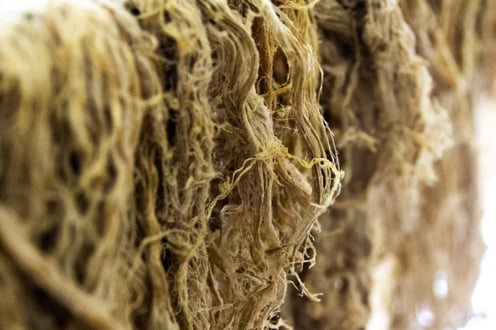
(Bamboo Fibers) Photo Courtesy: DOST- Philippine Textile Research Institute
In their desire to maximize the potential of local bamboo as a vast natural resource, the DOST-PTRI promotes its bamboo textile processing technology to produce natural blended yarns and woven fabrics. Noting that bamboo has the highest textile fiber yield among other textile fibers like pineapple, banana, or abaca, more significant opportunities will be provided for income generation from upstream to downstream for the natural textile industry sector.
The institute’s technology has been optimized following mechano-chemical processes and has given a significant increase in the value of the bamboo pole to its transformation into bamboo textile fibers (BTF) in a spinnable form to spun yarns.
Competitive Advantage
The competitive advantage of this bamboo-based textile is undeniable. With exceptional tensile strength, it proves its mettle across various textile applications, offering durability that withstands repeated use and washing. Furthermore, its inherent antibacterial and antifungal properties provide a natural shield against harmful microorganisms, catering to the health-conscious consumer base. Moreover, the rapid growth of bamboo without the need for pesticides or fertilizers makes it an attractive option for environmentally-conscious consumers seeking sustainable alternatives. Its versatility in blending with other fibers like cotton, wool, or synthetic fibers expands its applications, while its thermal-regulating properties ensure comfort in diverse climates.
It is also notable that the developed process is community-centric and sustainable in converting poles to textiles, the processing being one other than the regeneration route popularly known as the viscose process, an open system known to affect the environment adversely. Diversifying and expanding bamboo use through sustainable textile processing is a step to mainstreaming bamboo as a natural textile.
Utilization and Market Potential
The utilization and results of this technology speak volumes. Through exhibitions and fashion shows, DOST-PTRI has successfully heightened public awareness about the immense potential of bamboo, showcasing tangible outputs that captivate the imagination. Establishing partnerships with regional stakeholders through the Bamboo Textile Fiber Innovation Hub further amplifies its impact, paving the way for widespread adoption.
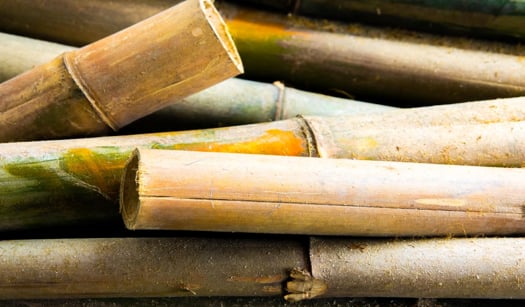
(Bamboo Culm) Photo Courtesy: DOST- Philippine Textile Research Institute
In the market landscape, bamboo textiles have captured the attention of European consumers, driven by their eco-friendly properties and sustainability. The demand for sustainable textiles has propelled the popularity of bamboo-based fabrics, offering softness, breathability, and moisture-wicking properties ideal for various clothing applications. However, concerns linger regarding the environmental impact of conventional bamboo textile production methods. Herein lies the significance of PTRI's innovation, offering a sustainable alternative that aligns with regulatory frameworks and consumer expectations.
What We Look Forward
Looking ahead, the vision for bringing this invention to the global market is ambitious yet attainable. It envisions a paradigm shift in consumer consciousness, where sustainability and ethical production practices take center stage. By empowering farmers and weavers while revolutionizing textile production, this technology heralds a new era of eco-friendly innovation.
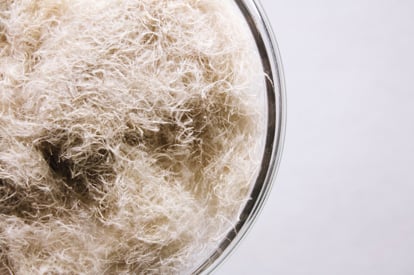
(Bamboo Fibers) Photo Courtesy: DOST- Philippine Textile Research Institute
The Spinnable Lignocellulosic Bamboo Textile stands as a beacon of hope in an industry grappling with sustainability challenges. With PTRI's unwavering dedication and visionary approach, this innovation holds the key to a more sustainable and vibrant future for the textile industry. As the world embraces the ethos of sustainability, let us embark on this transformative journey towards a greener, more resilient tomorrow.
** This feature is a part of the "Shape the Future" campaign, highlighting nine Philippine inventions featured in the 49th International Exhibition of Inventions Geneva (IEIG) on April 17-21, 2023. Competing for gold awards, these innovations also aim to promote local technologies for potential international technology transfer and commercialization.


